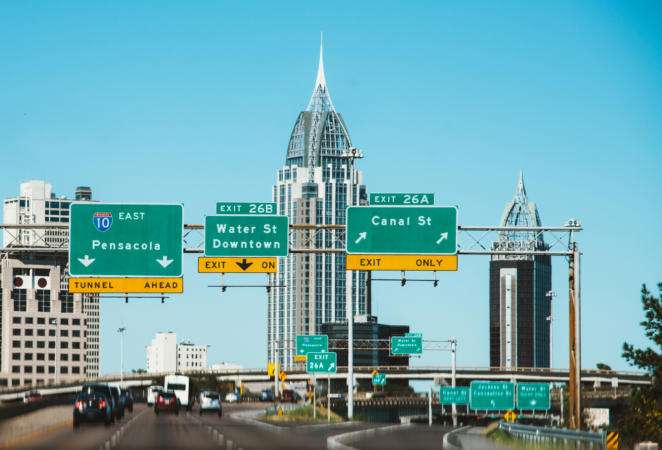Last month, Pensacola, FL became the latest of several cities to become a victim of a cyberattack. The city was attacked by ransomware, which holds vital or secure information “hostage” until payment is made to the attackers. Nonpayment has the potential to result in the leaking of secure data and the complete disruption of operations.
The ransomware affected Pensacola’s 311 customer phone helpline, sanitation department, online payment portals, and other online systems, prompting a city shutdown. Maze — a group of hackers that made similar targeted cyberattacks on other entities — has claimed responsibility for the incident. The group is demanding $1 million in ransom from Pensacola officials.
The Pensacola cyberattack is just one of several attacks on U.S. cities. Key cities Atlanta and Baltimore were attacked within the past two years, and three additional cities across the U.S. fell victim to cyberattacks within the last month. While Pensacola’s population of approximately 50,000 is rather small, the effects are not. For Atlanta and other major cities, which are ten times the size of Pensacola, the stakes are that much higher.
“We’re not the first Florida city, and we’re not going to be the last,” Pensacola Mayor Grover C. Robinson, IV said of the ransomware threats, in a December press conference.
He also announced that his office would continue to reevaluate its IT system which had already been in the works.
One of the critical challenges in addressing ransomware is that the scope of data appropriated and its impact on residents, operations, and security are difficult to determine. This gives hackers a significant advantage.
It also leaves officials wary about making payments that open the door to additional ransom requests. According to a recent Forbes report, the cyberattack conundrum has prompted the FBI to consider a proactive approach to ransomware attacks. For now, Pensacola officials are working with law enforcement and investigative consultants to learn more about what happened and how to safeguard its residents and systems in future.
















